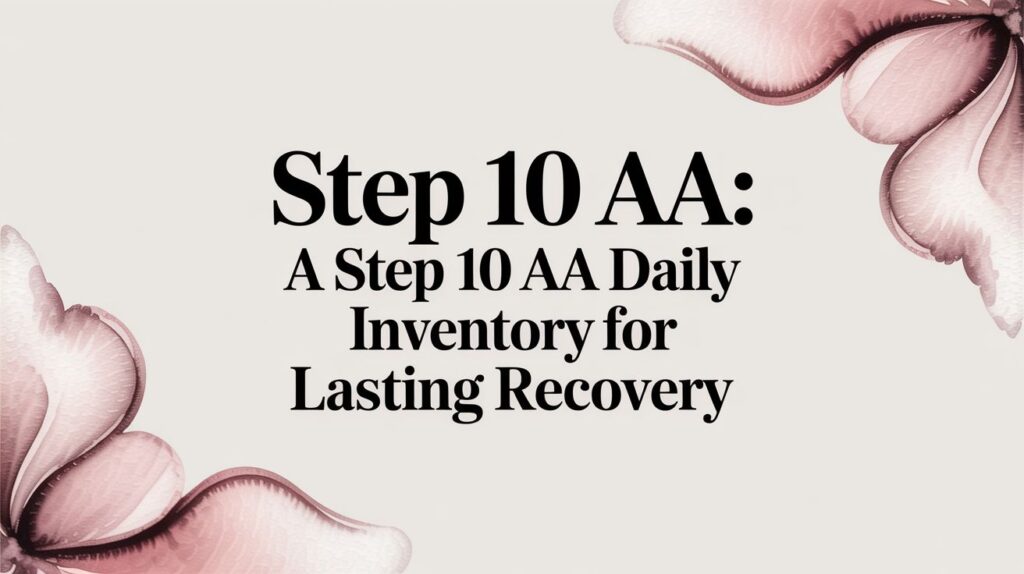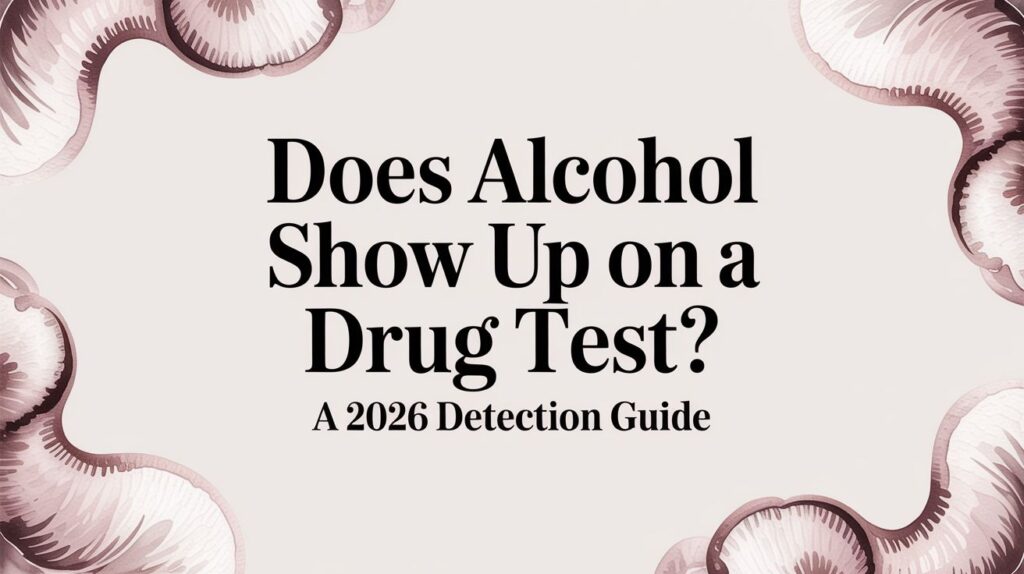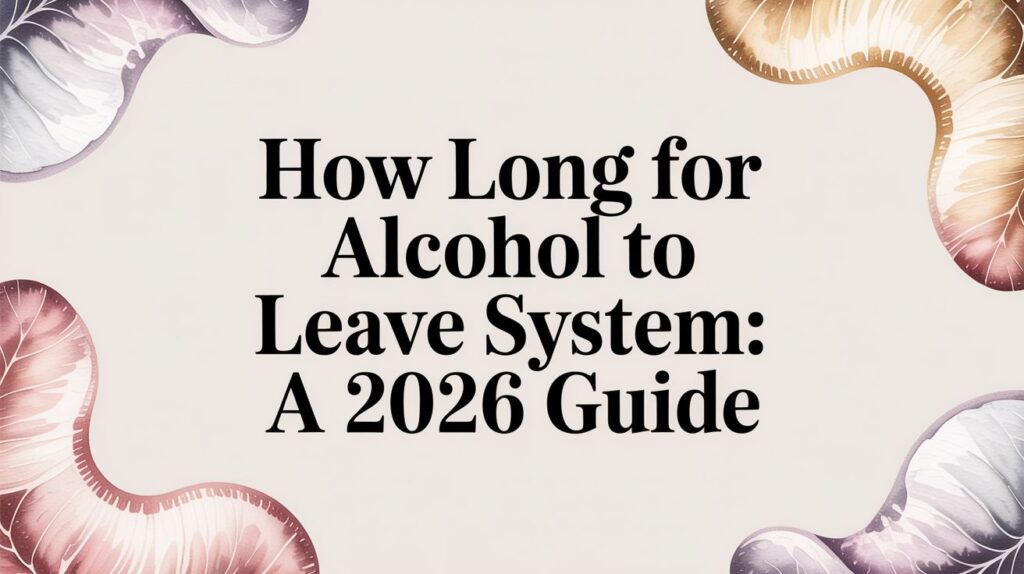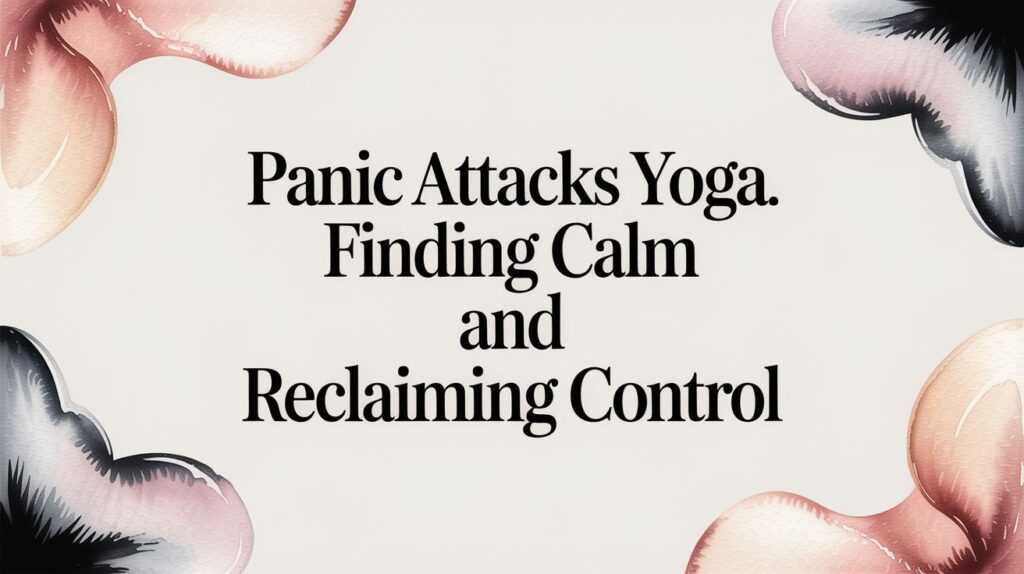Choosing sobriety is more than just quitting a substance; it's a profound decision to reclaim your health, relationships, and future. While the path can be challenging, the rewards extend far beyond simple abstinence. The benefits of getting sober ripple through every aspect of your life, unlocking physical vitality, mental clarity, and deep emotional fulfillment that substance use often obscures. Many people focus on what they are giving up, but the true journey is about what you stand to gain: a life of greater authenticity, stability, and purpose.
This article moves past generic advice to provide a detailed roadmap of the transformative advantages awaiting you in recovery. We will explore eight specific, tangible improvements that sobriety can bring, from repairing your physical health and sharpening your cognitive function to rebuilding trust in your relationships and securing your financial future. Each point is designed to offer practical insights and a clear vision of the fulfilling life that becomes possible. If you're contemplating this change or are in the early stages of recovery, this guide will illuminate the powerful and positive outcomes that lie ahead. Let's delve into the specific ways sobriety doesn't just change your life, it gives you a new one.
1. Improved Physical Health and Recovery
One of the most immediate and profound benefits of getting sober is the chance it gives your body to heal. Chronic substance use floods the system with toxins, forcing organs like the liver and heart to work overtime and disrupting essential functions like sleep and immunity. When you stop using, you remove this constant stressor, allowing your body’s powerful, natural recovery processes to begin.
This healing journey isn't just about feeling less sick; it's a comprehensive restoration that impacts everything from your energy levels to your long-term disease risk. The body has a remarkable capacity for regeneration, and sobriety provides the necessary environment for it to repair damage and rebuild strength.
The Timeline of Physical Healing
Physical recovery from substance use follows a predictable, albeit personalized, timeline as your body recalibrates. Key systems begin to mend within days and continue to improve over months and years.
This infographic highlights key milestones in the body's healing process after achieving sobriety.
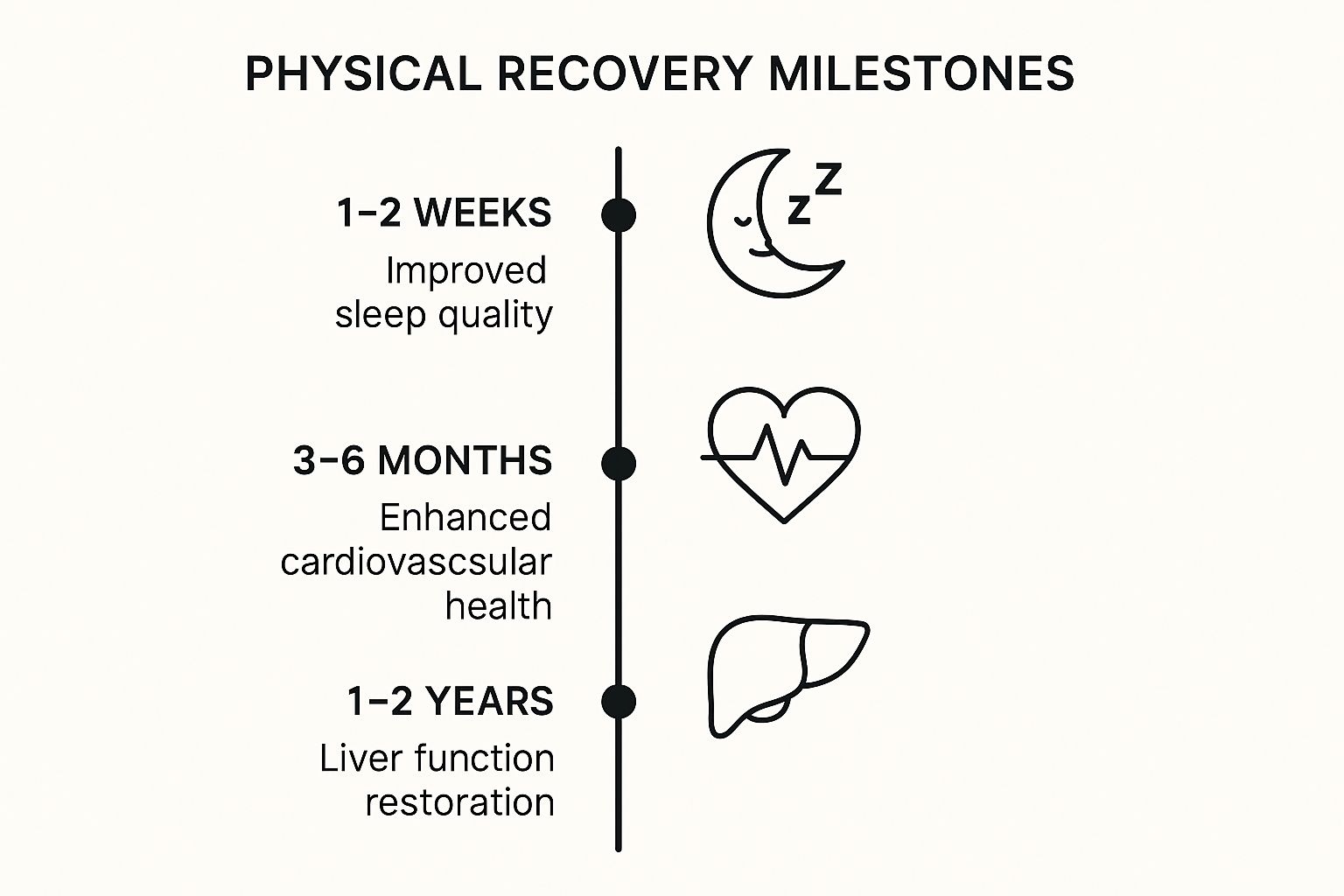
The visualization illustrates how significant health improvements, from better sleep to organ function, are achieved progressively throughout the first one to two years of sobriety.
Actionable Steps to Support Your Body’s Recovery
You can actively support your physical healing with intentional habits. Focus on these practical steps, especially in early recovery:
- Prioritize Hydration and Nutrition: Drink plenty of water, incorporating electrolytes to replenish what was lost. Focus on nutrient-dense foods like leafy greens, lean proteins, and whole grains to give your organs the fuel they need to repair.
- Embrace Gentle Movement: You don't need to run a marathon. Start with daily walks or gentle stretching to boost circulation, improve mood, and support cardiovascular health.
- Schedule Medical Checkups: Regular visits with a doctor allow you to track your progress with concrete data, like blood pressure readings and liver enzyme tests. This provides encouragement and helps identify any areas needing more support.
Sobriety allows you to move beyond managing the symptoms of substance use and start building a foundation of genuine wellness. Understanding the difference between physical and psychological dependence is also a key part of this journey. For a deeper dive, you can learn more about physical vs. psychological dependence on alturarecovery.com.
2. Enhanced Mental Clarity and Cognitive Function
One of the most empowering benefits of getting sober is reclaiming your mental sharpness. Substance use significantly disrupts brain chemistry, creating a "fog" that impairs memory, judgment, and focus. When you remove alcohol or drugs, you give your brain the space it needs to heal, rebalance neurotransmitters, and restore its natural cognitive pathways.
This process is about more than just thinking clearly; it’s a fundamental restoration of your executive functions. As your mind clears, you'll find decision-making becomes easier, your attention span lengthens, and your ability to process information and solve complex problems returns, often stronger than before.
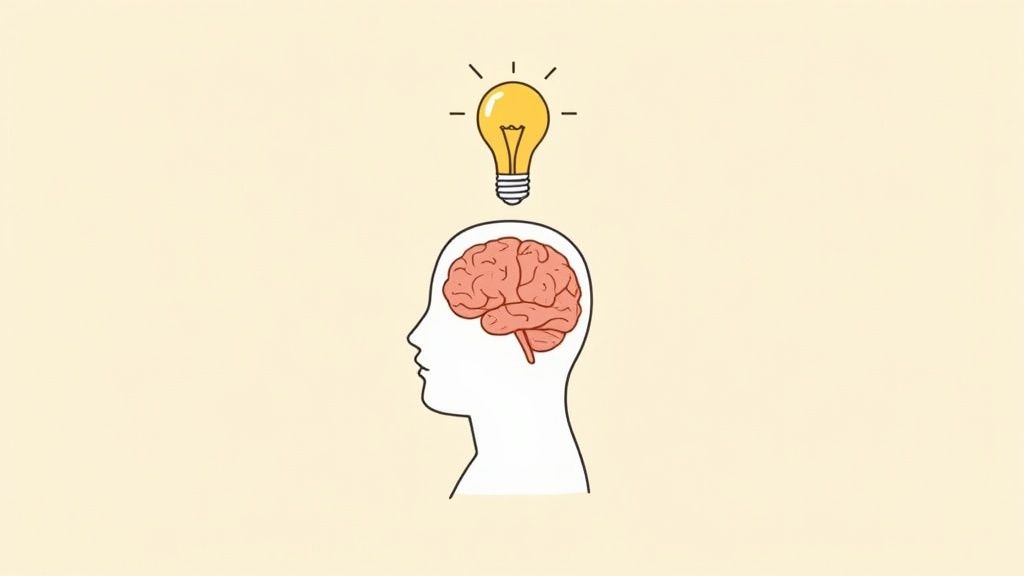
The Journey of Cognitive Recovery
The brain's recovery is a gradual but rewarding journey. While initial improvements in clarity can be noticed within weeks, significant cognitive gains continue to develop over the first several months and even years of sobriety. This healing process allows for the repair of neural pathways essential for sharp thinking.
Studies and anecdotal evidence show remarkable turnarounds. For example, some students report significant improvements in test scores after getting sober, while business professionals often experience enhanced strategic thinking and problem-solving abilities within just a few months.
Actionable Steps to Boost Your Brainpower
You can actively support your brain’s healing and accelerate your return to mental clarity. Incorporate these practices into your daily routine:
- Engage in Brain-Stimulating Activities: Challenge your mind with puzzles, reading, learning a new language, or picking up a musical instrument. These activities help build new neural connections.
- Practice Mindfulness and Meditation: Just 10-15 minutes of daily mindfulness can improve focus, reduce mental chatter, and enhance emotional regulation, which are all key components of cognitive function.
- Prioritize a Consistent Sleep Schedule: Sleep is when the brain flushes out toxins and consolidates memories. Aim for 7-9 hours of quality sleep per night to optimize your cognitive recovery.
By embracing sobriety, you're not just quitting a substance; you are actively rebuilding your brain. This renewed mental clarity is a powerful tool that enhances every other aspect of your life, from personal relationships to professional success.
3. Strengthened Relationships and Social Connections
One of the most rewarding benefits of getting sober is the opportunity to rebuild and deepen your relationships. Substance use often creates walls of dishonesty, mistrust, and emotional distance, isolating you from the people who matter most. When you embrace sobriety, you remove these barriers and create space for authentic connection, allowing you to show up as your true self for friends, family, and partners.
This journey is about more than just apologizing; it’s a fundamental shift toward creating healthy, supportive, and honest social bonds. Sobriety enables you to communicate clearly, listen empathetically, and build relationships founded on mutual respect and genuine care, rather than on interactions centered around substance use.

From Isolation to Authentic Connection
The shift from a life governed by addiction to one of recovery fundamentally changes your social landscape. Many people in recovery report profound improvements in their most important relationships, from reconnecting with children to rebuilding marriages with the help of counseling. Similarly, support groups like AA and SMART Recovery offer a built-in community of people who understand the journey, providing a foundation for strong, sober friendships.
This process involves leaving behind relationships that enable substance use and nurturing those that support your well-being. It is a transition toward a social life that genuinely enriches and sustains you.
Actionable Steps to Rebuild Your Social World
You can proactively heal and cultivate healthy relationships with intentional effort. Focus on these practical steps to foster connection:
- Practice Open Communication: Start having honest conversations with loved ones about your recovery journey. Acknowledging past harms without making excuses is a powerful first step toward rebuilding trust.
- Join a Support Community: Engage with groups like Alcoholics Anonymous, Narcotics Anonymous, or other recovery communities. These provide a safe space to build new friendships with people who share similar goals and experiences.
- Consider Family or Couples Therapy: Professional guidance can be invaluable for navigating complex family dynamics and repairing significant relationship damage caused by addiction.
- Be Patient with the Process: Trust is not rebuilt overnight. Demonstrate your commitment through consistent actions and understand that it will take time for loved ones to feel secure again.
Sobriety allows you to invest your time and emotional energy into the people who truly matter. Navigating recovery and relationships is a key aspect of long-term success. To understand this dynamic better, you can explore the connection between recovery and relationships on alturarecovery.com.
4. Increased Financial Stability and Security
One of the most empowering benefits of getting sober is reclaiming control over your finances. Active substance use is an incredibly expensive habit, not only due to the direct cost of alcohol or drugs but also the indirect costs like legal fees, medical bills, and lost income from poor job performance. When you get sober, you close a significant financial leak, allowing you to redirect those funds toward building a stable and secure future.
This financial recovery is about more than just having more money in your bank account; it's about rebuilding trust in yourself and creating new opportunities. The clarity and reliability that sobriety brings often lead to better career prospects, promotions, and the ability to make long-term plans. For many, this newfound financial health allows them to pay off debt, start saving for major life goals like a home, and provide for their families in ways that once seemed impossible.
The Financial Impact of Sobriety
The numbers are often staggering when you calculate the money saved. Individuals who stop drinking can save anywhere from $3,000 to over $15,000 annually, depending on their previous consumption habits. This saved capital becomes a powerful tool for rebuilding.
For example, a professional who becomes sober might find themselves able to finally build an emergency fund, while another might use the money they once spent on substances to invest in a small business venture. These are tangible, life-altering changes that directly result from sobriety.
This financial turnaround is a core component of recovery, offering a clear and measurable reward for your hard work and commitment.
Actionable Steps to Build Your Financial Security
You can maximize the financial benefits of sobriety with a proactive and strategic approach. Focus on these practical steps to build lasting wealth:
- Track Your "Sobriety Savings": Create a separate savings account or use an app to track the money you are no longer spending on substances. Watching this amount grow provides powerful motivation.
- Create a Forward-Looking Budget: Instead of just cutting expenses, design a budget that reflects your new goals. Allocate funds for savings, investments, education, or hobbies that support your recovery.
- Set Clear Financial Goals: Establish specific, measurable goals like paying off a credit card in six months or saving for a down payment. These targets help you stay focused and turn abstract savings into concrete achievements.
5. Enhanced Emotional Regulation and Mental Health
One of the most transformative benefits of getting sober is rediscovering your emotional landscape. Substance use often serves to numb, amplify, or escape feelings, preventing you from processing them authentically. When you remove substances, you give your mind the space to relearn how to manage emotions naturally, leading to greater mental clarity and stability.
This process involves moving from a state of emotional reactivity to one of thoughtful response. Instead of being controlled by intense mood swings or chronic anxiety, you begin to develop the tools for a more balanced inner life. Sobriety creates the foundation for genuine mental wellness, allowing you to build resilience and face life’s challenges with a clear head.
The Journey to Emotional Stability
Achieving emotional balance is a gradual process that unfolds as your brain chemistry normalizes and you develop new coping strategies. Many individuals report significant improvements in emotional stability within the first three to six months, while studies have shown up to a 60% reduction in depression symptoms after a year of continuous sobriety. This journey is about learning to sit with your feelings, both good and bad, without needing to alter them with a substance.
The path to emotional health in recovery isn't always linear, but each step forward builds lasting resilience. You learn to identify triggers, understand your emotional patterns, and respond to stress in healthier, more constructive ways.
Actionable Steps to Support Your Mental Health
You can actively support your emotional recovery by incorporating intentional practices into your daily life. Focus on these key steps to build emotional strength:
- Practice Mindfulness and Journaling: Dedicate a few minutes each day to meditation or deep breathing to increase your awareness of the present moment. Keep a journal to track your feelings, identify triggers, and recognize patterns in your emotional responses over time.
- Engage in Therapy and Support Groups: Professional therapy provides a safe space to process complex emotions and develop tailored coping strategies. Connecting with peers in support groups reminds you that you aren't alone and offers shared wisdom for navigating emotional challenges.
- Prioritize Physical Activity: Regular exercise, even a daily walk, is a powerful, natural mood regulator. It releases endorphins, reduces stress hormones like cortisol, and improves overall brain function, directly contributing to better mental health.
Embracing sobriety allows you to stop running from your emotions and start understanding them. Building a toolkit of healthy responses is essential for long-term success. For a deeper look into practical strategies, you can explore various coping skills for substance abuse on alturarecovery.com.
6. Improved Sleep Quality and Natural Energy
One of the most restorative benefits of getting sober is the return of deep, restful sleep. Substance use fundamentally disrupts the body's natural sleep-wake cycles, often leading to a dependency on substances to either fall asleep or stay awake. When you stop using, you allow your brain to recalibrate and restore its natural circadian rhythms, paving the way for truly rejuvenating rest.

This process isn't just about feeling less tired; it’s about reclaiming your body's innate ability to power itself. As your sleep quality improves, you'll notice a significant increase in natural energy levels during the day, reducing the need for artificial stimulants like caffeine and helping you feel more present and capable in your daily life.
The Timeline of Sleep Restoration
Healing your sleep patterns is a gradual process that requires patience, as your brain chemistry normalizes. While initial nights in sobriety can be challenging, consistent abstinence leads to profound improvements over time. Many people report noticeable changes within the first month, with sleep quality continuing to stabilize and deepen over several months. This renewed rest is a cornerstone of long-term recovery, supporting mental clarity and emotional resilience. For example, some studies show former alcoholics reporting up to a 70% improvement in sleep quality within the first few months of sobriety.
Actionable Steps to Support Natural Sleep
You can actively support your body’s return to a healthy sleep cycle with consistent, positive habits. Focus on these practical steps to build a strong foundation for restful nights:
- Establish a Consistent Routine: Go to bed and wake up at the same time every day, even on weekends. This reinforces your body's internal clock and helps regulate your circadian rhythm.
- Create a Sleep-Conducive Environment: Make your bedroom a sanctuary for rest. Ensure it is dark, cool, and quiet. Use blackout curtains or an eye mask to block out light.
- Implement a Wind-Down Ritual: Avoid screens and stimulating activities for at least an hour before bed. Instead, try reading a book, taking a warm bath, or practicing gentle stretching to signal to your body that it's time to sleep.
- Be Mindful of Caffeine: Limit or eliminate caffeine, especially in the afternoon and evening. Its stimulating effects can linger for hours and interfere with your ability to fall asleep naturally.
7. Increased Self-Esteem and Personal Accomplishment
One of the most transformative benefits of getting sober is the profound impact it has on your self-worth. Overcoming addiction is a monumental challenge that requires immense strength, resilience, and commitment. Each day you choose sobriety is a victory, and these victories accumulate to rebuild a self-image that may have been eroded by substance use.
This journey is not just about abstaining; it is about reclaiming your power and proving to yourself that you can conquer significant obstacles. The sense of accomplishment that comes from this process radiates into all other areas of your life, fostering a newfound confidence and belief in your own capabilities.
The Milestones of Rebuilding Confidence
Restoring self-esteem in recovery is a process built on consistent effort and tangible achievements. It begins with small, daily wins and grows with each milestone you reach, creating a powerful feedback loop of positive reinforcement.
From celebrating 24 hours of sobriety to marking a one-year anniversary, each step forward validates your hard work and reinforces your identity as someone capable of profound change. This journey fundamentally shifts your internal narrative from one of shame or defeat to one of strength and pride.
Actionable Steps to Cultivate Self-Worth
You can actively nurture your growing self-esteem with intentional practices. Focus on these steps to solidify your sense of accomplishment:
- Celebrate Every Milestone: Acknowledge and celebrate your recovery anniversaries, whether it's 30 days or five years. Sharing these moments with a support system reinforces their significance and reminds you how far you’ve come.
- Keep a Gratitude Journal: Regularly write down what you are grateful for, specifically focusing on positive changes since getting sober. This practice helps shift your focus from past regrets to present progress and future potential.
- Set New, Achievable Goals: Use the momentum from your recovery success to pursue other personal or professional goals. Whether it's taking up a new hobby or pursuing a promotion, achieving these goals builds on your foundation of confidence.
8. Greater Life Purpose and Spiritual Growth
One of the most profound benefits of getting sober is the opportunity to rediscover a sense of purpose beyond the cycle of substance use. Addiction often narrows one's focus to obtaining and using, leaving little room for self-discovery or meaning. Sobriety removes this filter, creating space for a deeper exploration of personal values, goals, and spiritual connection.
This journey isn't about adopting a specific dogma; it's about reconnecting with your authentic self and finding what gives your life meaning. For many, this leads to significant spiritual or philosophical growth, providing a powerful new foundation for a fulfilling, substance-free life. It transforms recovery from a process of "not using" into a journey of becoming.
Finding Meaning Beyond Addiction
The search for purpose is a core human drive, and sobriety provides fertile ground for it. As clarity returns, individuals often find themselves asking bigger questions about who they are and what they want their legacy to be. This reflective process is central to building a life that feels too valuable to lose to addiction.
Many discover that their painful experiences can become a source of strength and empathy. For instance, individuals in recovery often become addiction counselors, mentors, or start nonprofits dedicated to helping others. Others find renewed purpose in community service, creative pursuits, or strengthening family bonds, turning their personal healing into a positive force in the world.
Actionable Steps to Cultivate Purpose
You can intentionally nurture this aspect of your recovery journey with practical and reflective habits. Focus on these steps to connect with a deeper sense of meaning:
- Engage in Service: Volunteering or helping others shifts the focus from personal struggles to the needs of the community. This act of service can provide a powerful sense of purpose and perspective.
- Reflect on Your Values: Take time to journal or meditate on what truly matters to you. What principles do you want to live by? Aligning your daily actions with these core values builds a strong sense of integrity and direction.
- Explore New Philosophies: Read books, join discussion groups, or explore practices like mindfulness or meditation. Exposing yourself to different ways of thinking can open up new pathways for personal and spiritual growth.
This process of self-discovery is deeply personal and often benefits from structured support. Techniques like Motivational Interviewing can help individuals uncover their own intrinsic motivations for change and align their actions with their newfound purpose. You can learn more about how this therapeutic approach works at alturarecovery.com.
Benefits Comparison of 8 Sobriety Gains
| Aspect | Improved Physical Health and Recovery | Enhanced Mental Clarity and Cognitive Function | Strengthened Relationships and Social Connections | Increased Financial Stability and Security | Enhanced Emotional Regulation and Mental Health | Greater Life Purpose and Spiritual Growth |
|---|---|---|---|---|---|---|
| Implementation Complexity 🔄 | Moderate – requires medical support, patience | Moderate – cognitive therapies and consistent practice | Moderate – social skills development, possible therapy | Moderate – financial education and planning needed | Moderate – therapy, mindfulness, emotional skills training | Moderate – exploration and community involvement |
| Resource Requirements ⚡ | Medical care, nutrition, exercise | Cognitive exercises, mindfulness tools, therapy | Support groups, family therapy | Financial tools, possibly advisors | Therapy, support network | Spiritual advisors, volunteer opportunities |
| Expected Outcomes 📊 | Significant physical healing, restored organ function | Improved memory, focus, problem-solving abilities | Rebuilt trust, deeper authentic social bonds | Increased savings, better job performance | Stable emotions, reduced anxiety and depression | Greater life satisfaction, spiritual growth |
| Ideal Use Cases 💡 | Individuals recovering from long-term substance damage | Those needing cognitive recovery and mental performance | People rebuilding family/social ties post-addiction | Individuals aiming for financial recovery and security | Those seeking better emotional control and mental health | Individuals pursuing personal meaning and spiritual growth |
| Key Advantages ⭐ | Reduced health risks, increased energy, better sleep | Enhanced productivity, creativity, reduced brain fog | Improved communication, empathy, and conflict resolution | Financial freedom, improved career prospects | Emotional stability, resilience, personal growth | Life purpose clarity, ethical decision-making, compassion |
Your Next Step Towards a Sober, Fulfilling Life
The journey from active substance use to sobriety is one of the most profound transformations a person can undertake. Throughout this article, we've explored the extensive benefits of getting sober, moving far beyond simple abstinence to reveal a life filled with renewed health, mental clarity, and deep personal fulfillment. From the tangible rewards of improved physical well-being and financial stability to the powerful emotional gains of strengthened relationships and a rediscovered sense of self, each benefit is a building block for a more meaningful existence.
This isn't just about removing a negative element from your life; it's about adding countless positives. The cumulative effect of these changes creates a powerful upward spiral. Enhanced cognitive function leads to better decision-making, which in turn boosts self-esteem. Deeper emotional regulation allows for more authentic social connections, reinforcing your support network and sense of belonging. What begins as a decision to stop using a substance evolves into a comprehensive recalibration of your entire life.
Key Takeaways: From Surviving to Thriving
As you reflect on the path ahead, remember these crucial insights:
- Holistic Healing: Sobriety is a holistic process. The physical recovery you experience is directly linked to your mental and emotional well-being. A healthier body supports a clearer mind, and a stable mind makes it easier to maintain healthy habits.
- Reclaimed Potential: Alcohol and drugs don't just take your time and money; they hijack your potential. Sobriety gives you back your most valuable resources: mental energy, emotional capacity, and financial freedom to invest in your goals, passions, and relationships.
- The Power of Connection: Meaningful relationships are both a reward and a cornerstone of lasting recovery. The clarity that comes with sobriety allows you to repair and build authentic connections, creating a support system that is essential for navigating life's challenges.
Your Action Plan for Lasting Change
Embarking on this journey is a courageous first step, but you don't have to walk it alone. Professional guidance and a supportive community are instrumental in turning the desire for change into a sustainable reality. An effective treatment plan provides the structure, tools, and accountability needed to navigate the early stages of recovery and build a strong foundation for the future.
Mastering the skills for sobriety means you are not just avoiding relapse; you are actively creating a life you don't want to escape from. It means learning to manage stress, regulate emotions, and communicate effectively, skills that enrich every aspect of your life. The incredible benefits of getting sober are within your reach, and the right support system can illuminate the path forward, ensuring you feel empowered and understood every step of the way.
If you are ready to reclaim your health, relationships, and future, professional, compassionate care is your next step. Altura Recovery offers specialized outpatient programs designed to fit your life, providing the evidence-based tools and support you need to achieve and maintain sobriety. Contact Altura Recovery today to learn how we can help you build a fulfilling, substance-free life.



